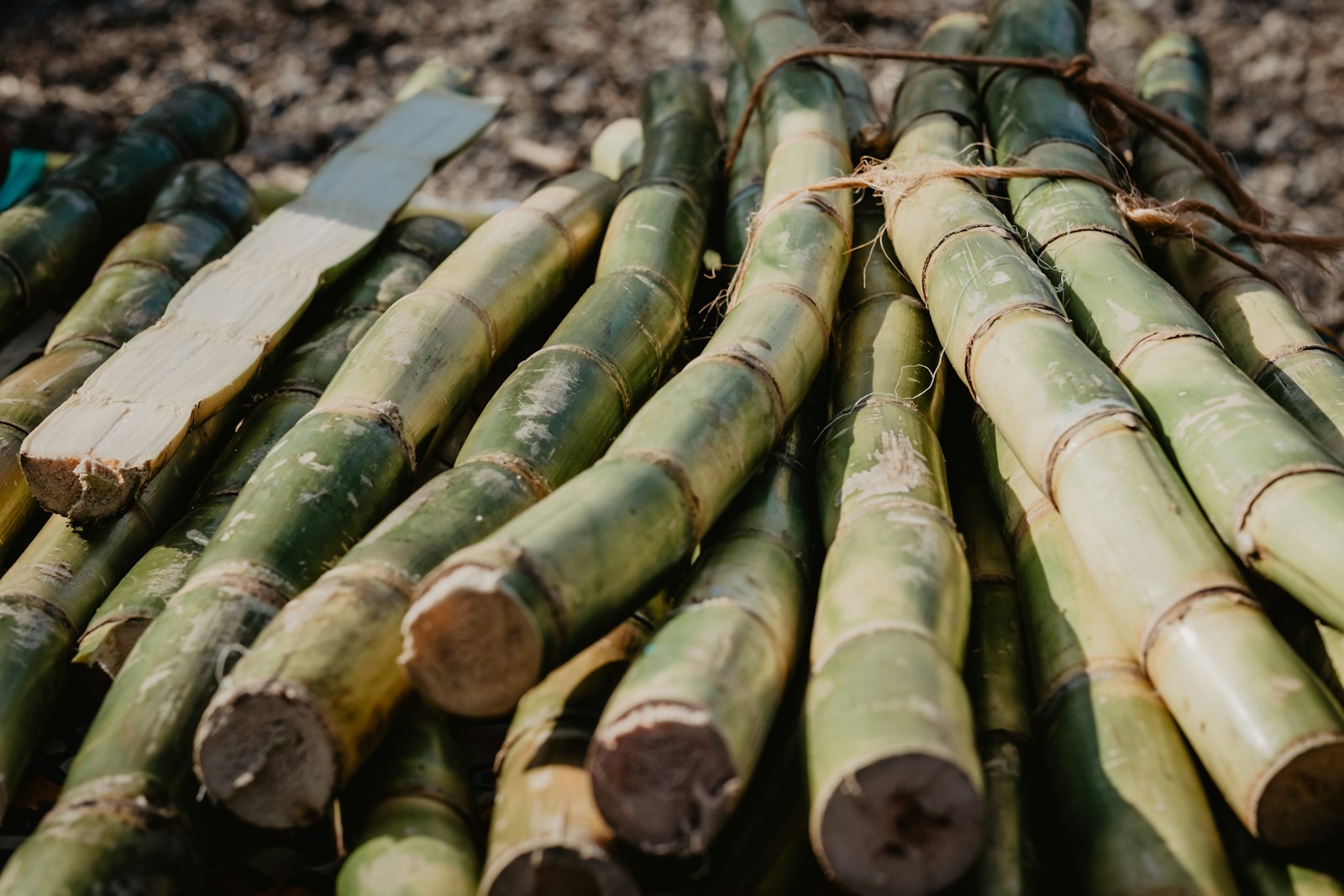Introduction: Vegan vs. Organic
The terms “vegan” and “organic” are often used interchangeably, but they represent different concepts. While all vegan foods exclude animal-derived ingredients, not all vegan foods are organic. Let’s delve into the distinctions and why understanding them is crucial for making informed dietary choices.
What Does Vegan Mean?
- Definition: Vegan foods contain no animal products or by-products, such as meat, dairy, eggs, honey, or gelatin.
- Focus: Ethical considerations, including animal welfare and minimizing exploitation.
What Does Organic Mean?
- Definition: Organic foods are grown and processed without synthetic pesticides, herbicides, fertilizers, genetically modified organisms (GMOs), or artificial additives.
- Focus: Environmental sustainability and reducing chemical use in agriculture.
Key Differences Between Vegan and Organic
1. Source vs. Method
- Veganism relates to the ingredients in the product, not how they were grown or produced.
- Organic certification ensures specific agricultural practices but doesn’t exclude animal-derived ingredients like milk or eggs.
2. Overlap Exists, but It’s Not Absolute
- Some vegan products are also organic, especially those marketed as health-conscious or eco-friendly.
- Many vegan products are not organic, as vegan certification doesn’t require adherence to organic farming practices.
Examples of Vegan Foods That May Not Be Organic
- Processed Vegan Foods
- Vegan burgers, cheeses, and snacks may use conventional ingredients grown with pesticides.
- Non-Organic Produce
- Fruits and vegetables grown conventionally can still be vegan.
- Packaged Goods
- Vegan candy, chips, or beverages may contain synthetic additives or GMOs.
Why Some Vegans Prefer Organic
- Environmental Impact: Organic farming reduces soil degradation, water pollution, and pesticide use.
- Health Benefits: Organic foods limit exposure to synthetic chemicals.
- Ethical Alignment: Organic farming often aligns with vegan values of minimizing harm to animals and ecosystems.
How to Identify Organic and Vegan Foods
1. Read Labels
- Look for certifications like “USDA Organic” or “Certified Vegan.”
- Verify ingredient lists for both animal products and synthetic chemicals.
2. Choose Whole Foods
- Whole, unprocessed plant-based foods are often naturally vegan and can be sourced organically.
3. Support Ethical Brands
- Many brands cater to both vegan and organic consumers, making it easier to align values.
Conclusion: Navigating the Vegan-Organic Spectrum
Not all vegan foods are organic, but they can overlap. For those seeking both ethical and environmental benefits, prioritizing organic vegan products is a meaningful step. However, even conventionally grown vegan foods contribute positively by avoiding animal exploitation.
Relevant Links/Sources:
- Vegan vs. Organic – Vegan Society
- What Does Organic Mean? – USDA
- Benefits of Organic Foods – Healthline



